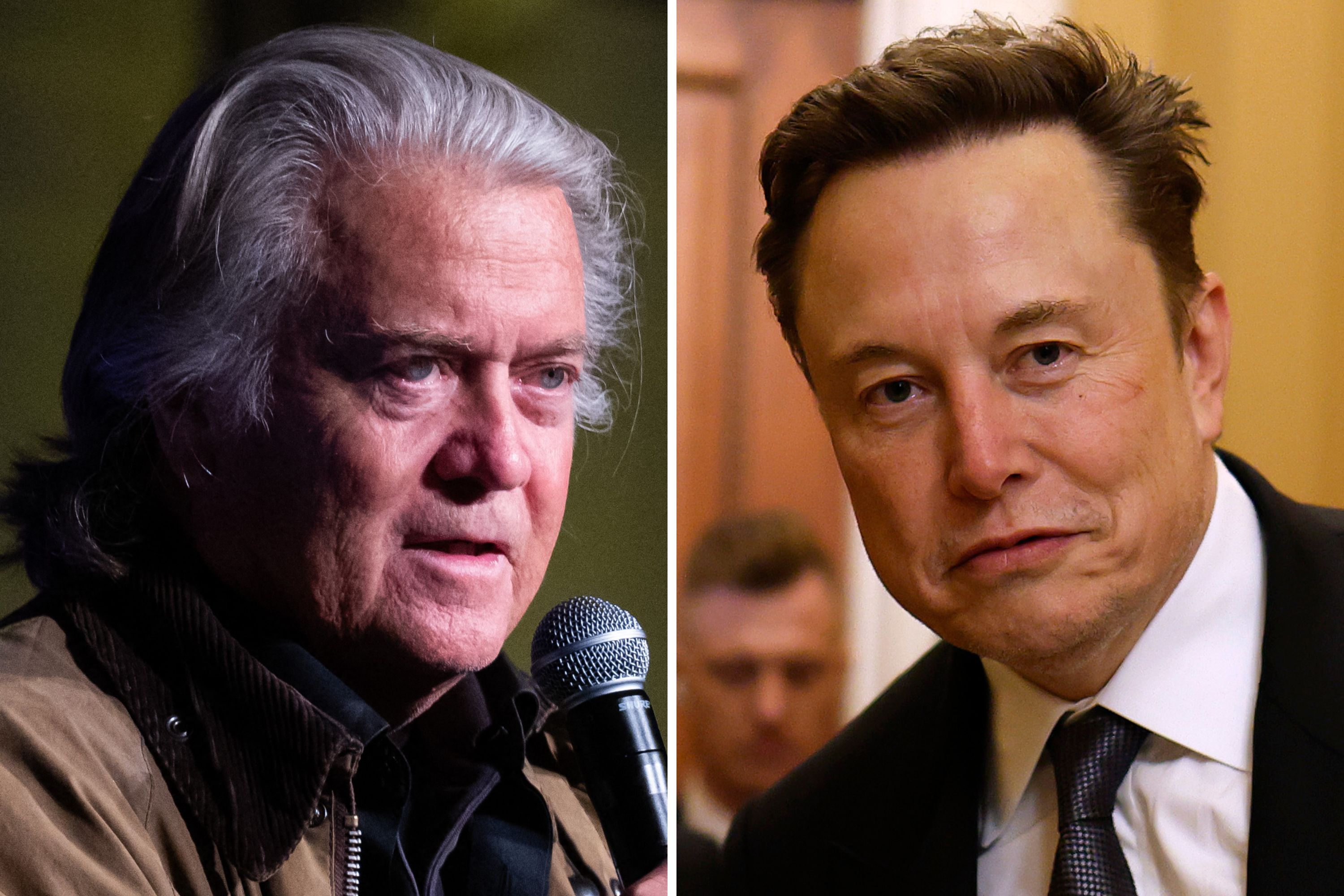The Democratic Party's steady retreat from Michigan should serve as a cautionary tale of what happens when party leadership ignores its base. In 2016, Sen. Bernie Sanders (D-VT) won the Michigan primary in an upset over Hillary Clinton—an early warning sign of discontent that went largely unheeded. Sanders' populist platform, focused on trade and economic fairness, resonated with Michiganders weary of the status quo. His win highlighted the disconnect between the party leadership and working-class voters, yet the DNC largely ignored it and continues to do so.
In 2016, while working for the Democratic National Committee, I saw firsthand how badly Democrats underestimated Michigan voters. On a bus tour, several members of Congress warned that the party was losing ground across the state and pleaded for more support. Their concerns were dismissed, with the DNC claiming they were "all set." The result was clear: Trump won Michigan, transforming a historically blue state into a battleground.
Sanders overcame Clinton's urban support by rallying young voters and performing well in rural areas—a shift the DNC refused to acknowledge. When the general election came, Trump capitalized on exactly what Sanders had highlighted: a deep sense of neglect among rural and working-class voters. Like Americans today, these voters wanted to be heard and understood.

Michigan's story isn't unique. It reflects a broader trend within the Democratic Party, which now emphasizes ideological purity over the working-class values that once defined it. Democrats demand strict allegiance on every issue and have little tolerance for dissent, while the GOP is building a coalition that's gaining ground even in traditionally blue regions. In Michigan, Muslims, Jews, and even LGBTQ progressives are rallying around Trump.
Dan Ball recently noted that politics isn't about "total agreement but finding common ground on key issues." This coalition-building approach, rooted in an America-First perspective, resonates with those who feel overlooked by the rigid ideological lines of today's Democratic leadership.
The Democratic Party's focus on progressive ideals over real-world issues has alienated its base, not only in Michigan but across the country. From blue-collar workers to parents struggling with inflation, people want leaders who prioritize bread-and-butter issues over ideological litmus tests. Democrats once understood that politics is a game of addition, requiring coalition-building, listening to diverse voices, and respecting differences—not demanding uniformity.
Vice President Kamala Harris, for instance, is struggling to gain endorsements from key unions and media outlets that typically back Democrats. The Teamsters, one of the country's largest unions, refused to endorse her, breaking with decades of Democratic support. Polls show many Teamsters favoring Trump over Harris, indicating significant dissatisfaction with her agenda. Likewise, prominent newspapers like the Los Angeles Times and the Washington Post have opted out of endorsing her—a rare move that speaks volumes. Even the San Francisco Police Union, her former colleagues, won't support her, highlighting unease over her divisive policies.
Democrats' demands for ideological conformity alienate those who value personal and economic freedoms. Today's GOP offers a more inclusive platform, welcoming diverse viewpoints and emphasizing individual empowerment over government reliance. Leaders like Louisiana State Senator Elbert Guillory argue that real progress requires breaking free from dependency on government programs. Guillory, a former Democrat, believes that these programs, often framed as "charity," foster reliance rather than independence.
Guillory's switch to the GOP was driven by his conviction that Democrats have failed, particularly in the Black community, by fostering government dependency instead of empowerment. His powerful message resonated widely, condemning the Democratic approach as "disguised control" that prioritizes ideology over practical issues like education, employment, and criminal justice reform. Guillory sees the GOP as the true "party of the people," championing empowerment, civil rights, and economic freedom—values he believes are essential for progress.
As more Americans see the true priorities of the Democratic Party—focused on control rather than meeting people's needs—they're abandoning rigid ideological demands in favor of genuine representation. The GOP offers an alternative that values independence, opportunity, and empowerment for all citizens. For those leaving the Democratic fold, the sentiment is clear: they're embracing a party that champions a nation where the people's needs come first, breaking free from a party now driven by power above all else.
Will Pierce, former Senior Advisor to Bernie Sanders and Director of the Draft Biden movement, is now a Republican strategist and outspoken critic of the Democratic Party. He shares his expert election insights across major media outlets.
The views expressed in this article are the writer's own.




















 English (US) ·
English (US) ·